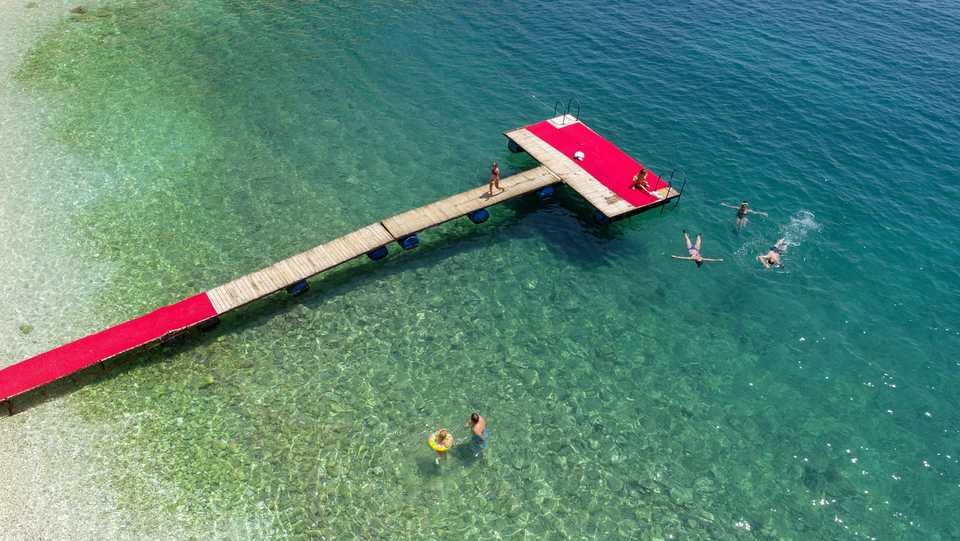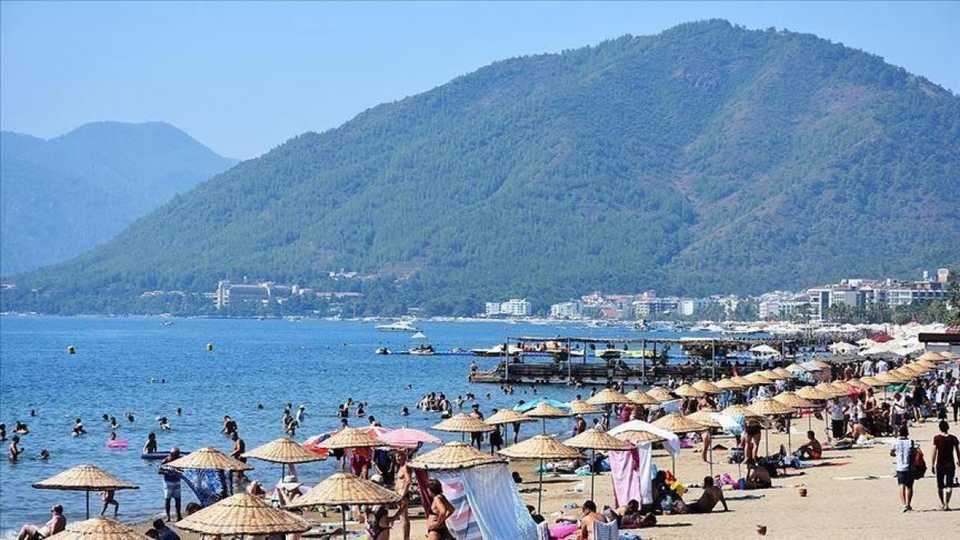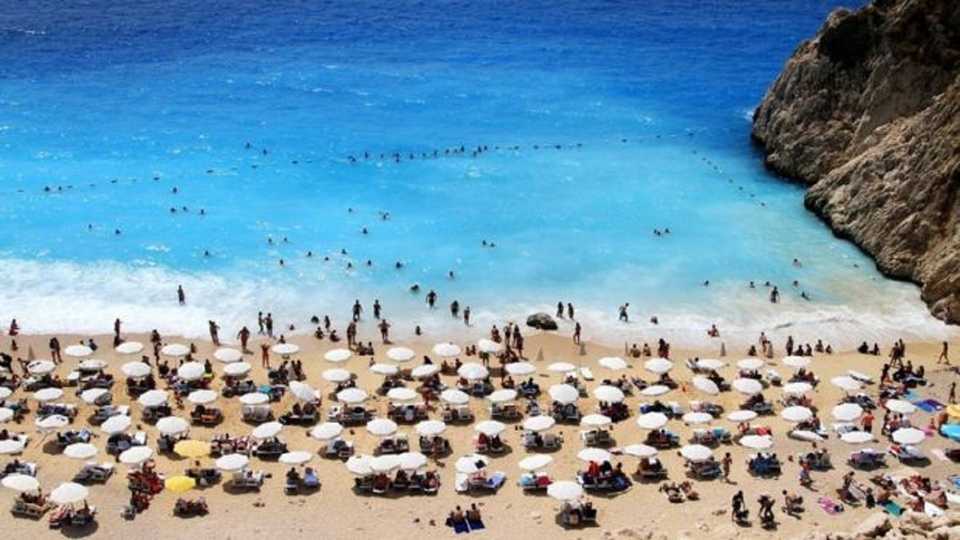
The Mediterranean Antalya province of Turkey, often regarded as one of the top tourism destinations around the world, is second to none with its 206 eco-friendly beaches, leading the global tourism industry in this context.
The Blue Flag certification, an international program implemented in 50 countries, is an exclusive international eco-label given to beaches and marinas after meeting certain criteria set by the International Foundation for Environmental Education, an independent non-profit organisation.
The first Blue Flag of this year was hoisted in Lara Barut Collection of hotels with the program coordinated by the Foundation for Environmental Education in Turkey and its coordinator Lokman Atasoy.

Atasoy said the criteria such as environment, water quality and cleaning sea played a key role in the blue flag program, which would label beaches as “clean and safe”, adding that this program was run successfully in Turkey for more than three decades.
The water quality of the sea would be analysed once in every 15 days, Atasoy noted, saying that beaches were regularly inspected for cleanliness and other parameters, including, lifeguards, controlling pets, recycling, and opportunities for the disabled.

The coronavirus pandemic meant beaches this year were assessed on additional criteria such as social distancing, hygiene and mask bins, Atasoy said.
He also said Antalya has more blue-flagged beaches than any other touristic cities, followed by Valencia of Spain and Occitanie of France, which respectively have 134, and 109 blue flags. Turkey’s beaches have 486 blue flag certifications, third in the ranking behind Spain and Greece.










Discussion about this post